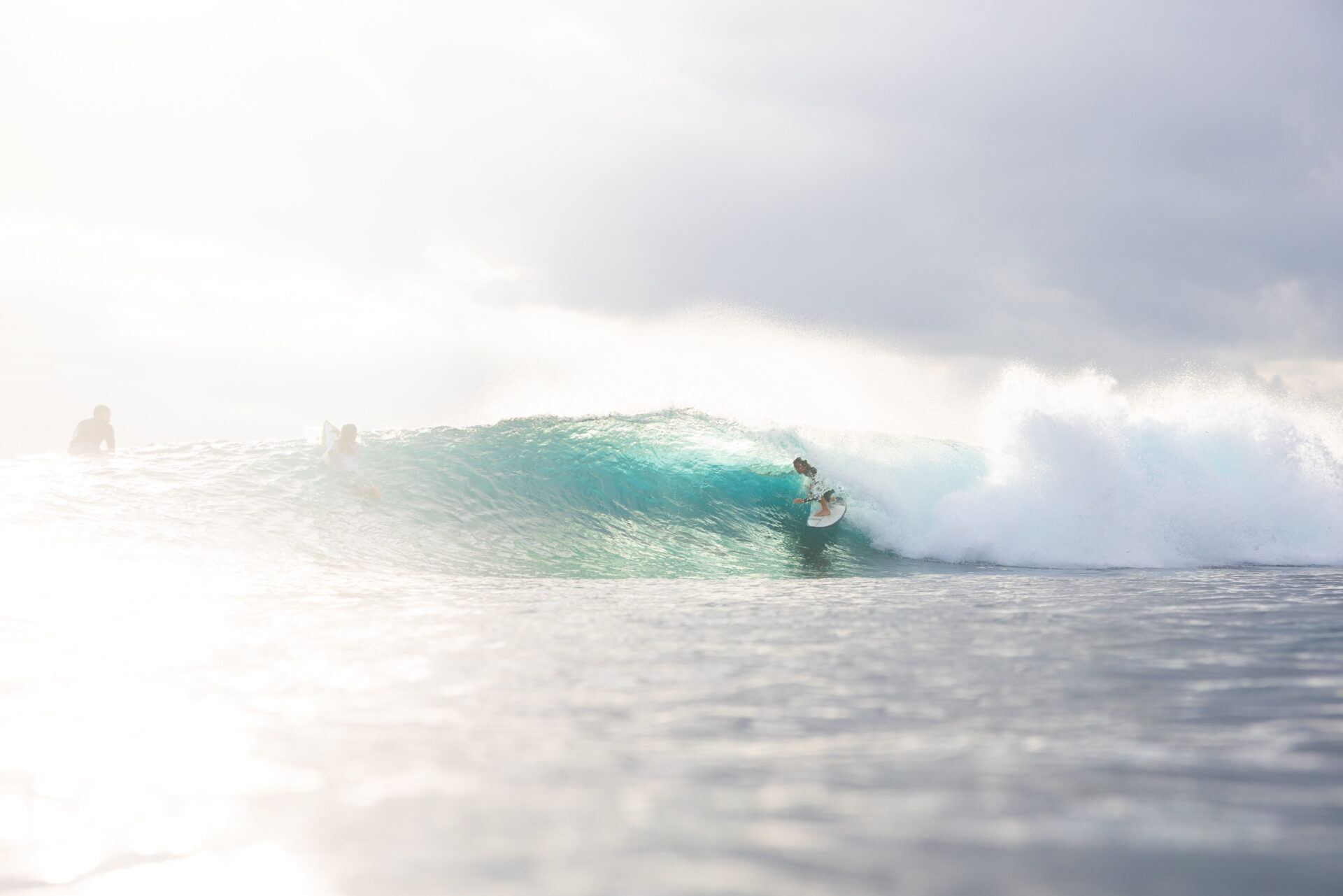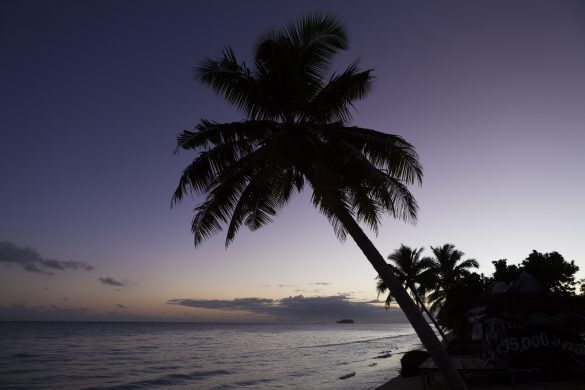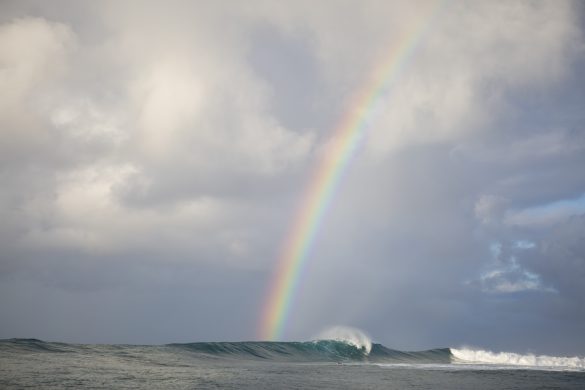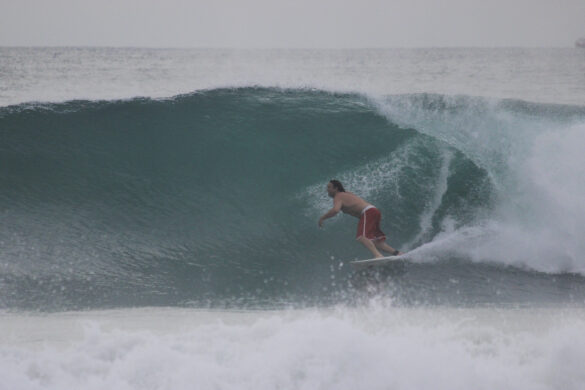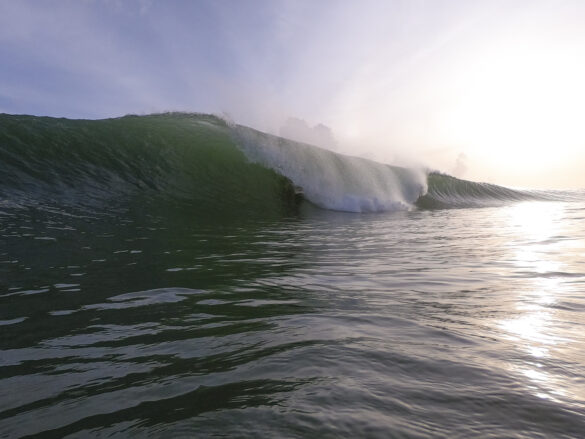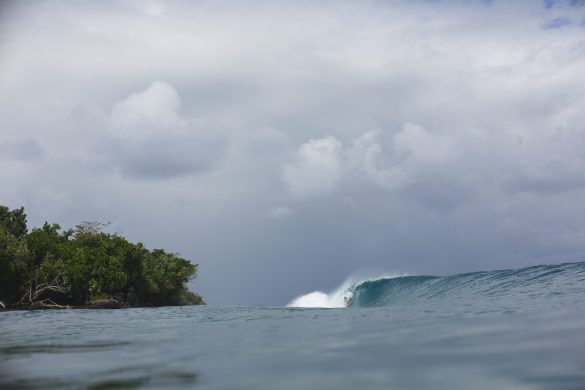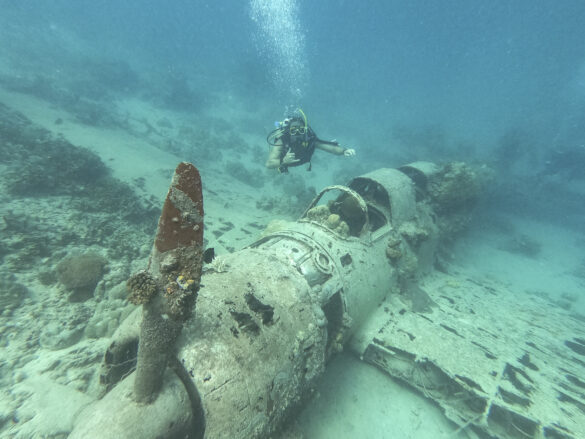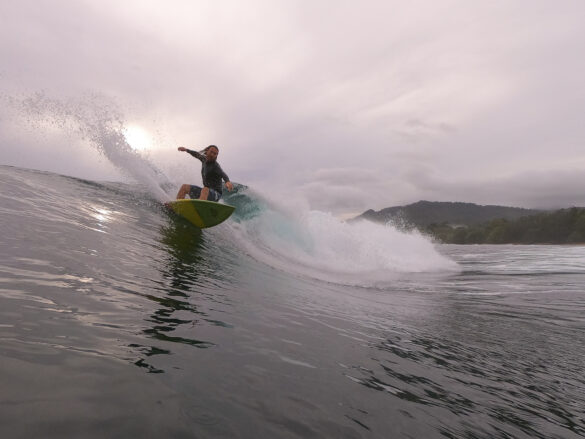He’s shepherded more Kiwi surfers into world-class waves than you imagine, and he’s tasted the product throughout his 20 years in the game. Island Holidays’ front man and travel guru Pete Head shares some of his travel wisdom with NZSJ.
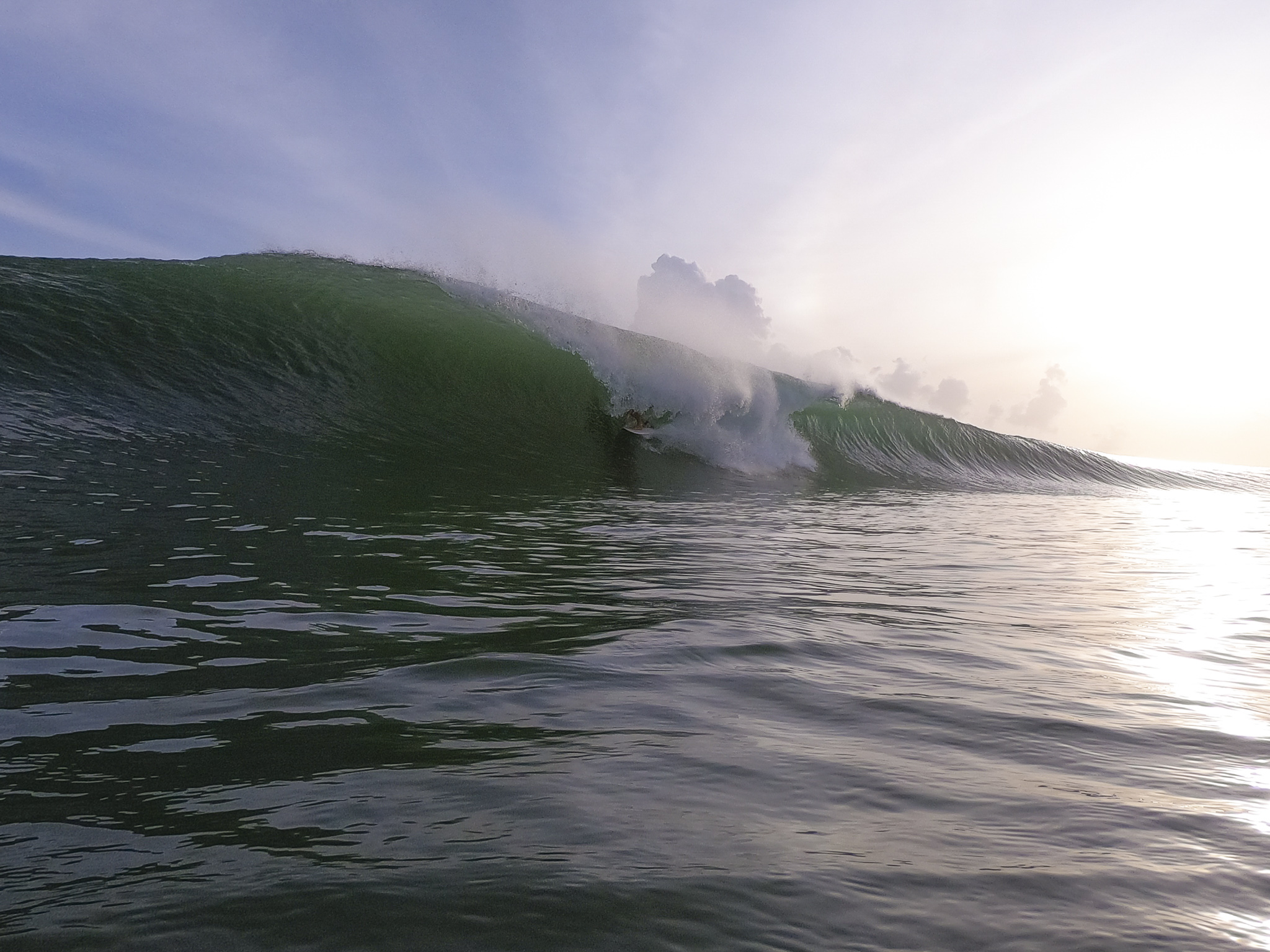
Pete, now 49, is a born and bred West Auckland farm boy who left university in 1996 – thanks mainly to a three-year degree taking four after he also discovered surfing. After uni he packed his bags and spent the next four years traveling – chasing the summer and surfing around the globe.
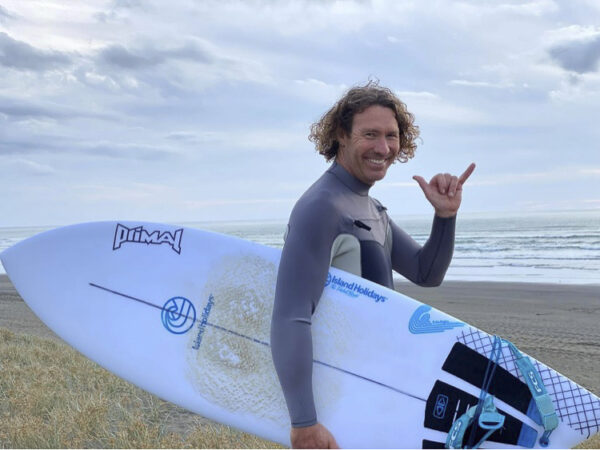
Upon his return he landed on his feet with a job offer to manage a surf resort in Samoa. In 2004 he returned to New Zealand to set up surf travel with Island Holidays and he’s been there ever since.
He describes himself as “not a flashy surfer”, but he likes “big waves and barrels”.
“I’ve ticked off 47 countries around the globe,” he admits. “And some a lot more than once and nearly all based around the surf.”
He said there had been some memorable moments along the way.
“I’ll never forget sharing waves on deserted Mexican points with Tom Curren for a week, getting barrelled four times at 6ft Jeffreys Bay in Africa, getting chased out of the water by sharks in the Galapagos Islands, triple overhead tubes in Samoa with Dave Rastovich and Jack McCoy filming Blue Horizon, hanging out with just me and Jerry Lopez at HT’s on a boat charter in the Mentawais in 1996, to my latest adventures, exploring the Bismark Sea in PNG on a charter boat and then walking back into civilisation (whatever that is) of a two-year lockdown with zero travel and a hibernated business.”
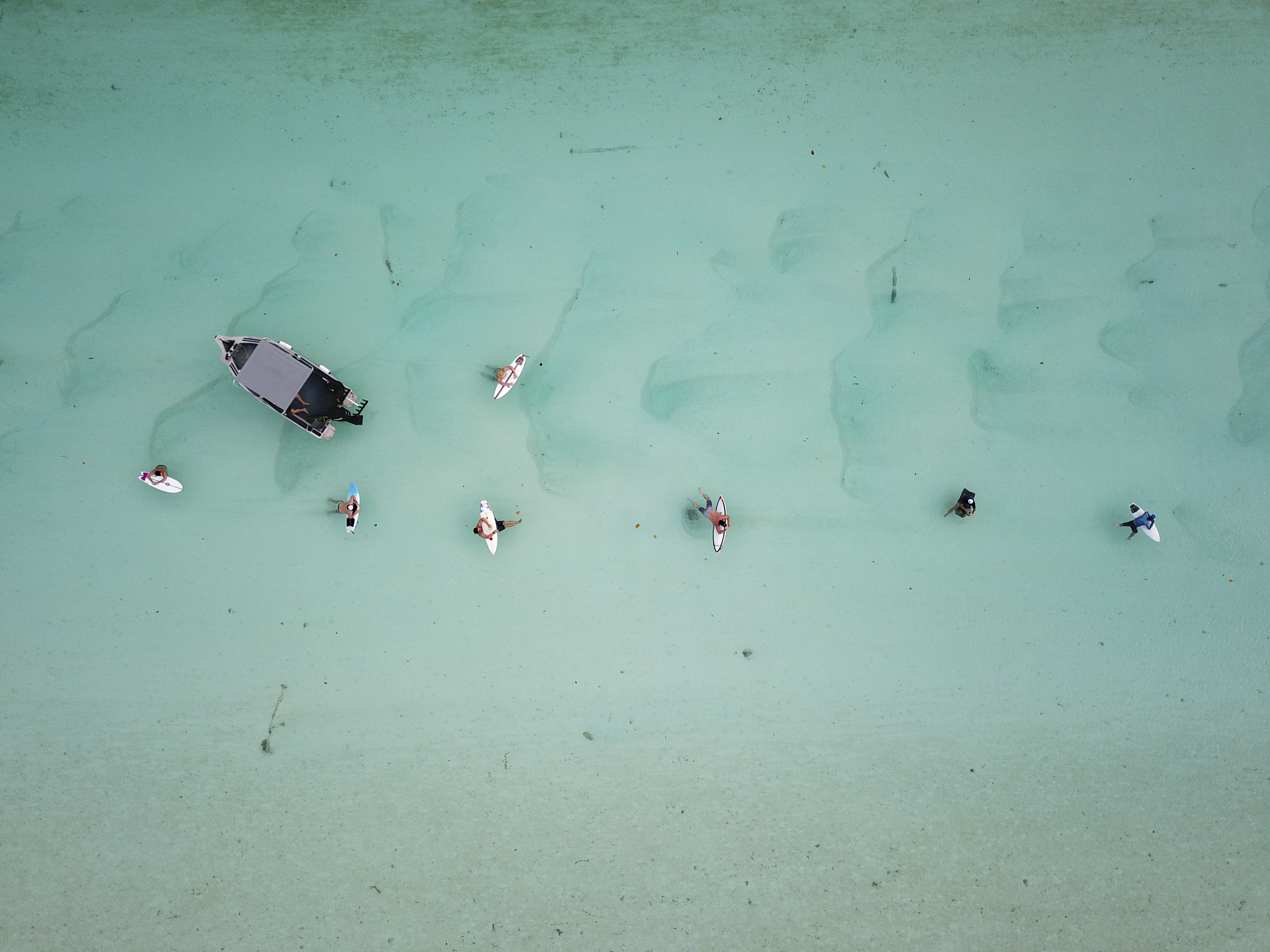
Across his span of 20-plus years in the industry Pete said he’d made a lot of friends, sent New Zealand’s top professional surfers on dozens of magazine trips all over the globe … and still does.
“I’ve had so many funny, memorable, life-threatening, dangerous and exciting trips … I’ve been fortunate and lucky … and appreciate every moment.”
“I’ll never forget sharing waves on deserted Mexican points with Tom Curren for a week, getting barrelled four times at 6ft Jeffreys Bay in Africa, getting chased out of the water by sharks in the Galapagos Islands, triple overhead tubes in Samoa with Dave Rastovich and Jack McCoy filming Blue Horizon, hanging out with just me and Jerry Lopez at HT’s on a boat charter in the Mentawais in 1996, to my latest adventures, exploring the Bismark Sea in PNG on a charter boat and then walking back into civilisation (whatever that is) of a two-year lockdown with zero travel and a hibernated business.”
Kiwis are renowned for being very independent travelers and, now, with the whole world at our fingertips, the role of a traditional travel agent can seem redundant. But Pete explains there is more to it than that.
“A lot of people have a preconceived idea that using agents is always more expensive,” he begins. “Most of the time we are not. We earn commission from operators and the cost is the same when going direct. If it is ever more then it will be a service fee we charge for our time. That’s like changing the oil in your car – you could probably do it, but you pay someone else for their time to do it.”
He said agents did the leg work, searched for the best deals, gave the best advice and information for hundreds of surf destinations. They knew the destinations – in his case he’s been there.
“That knowledge and experience is priceless,” he smiles. “I’d say easy half of our clients make an enquiry with us to head away somewhere and rely on us to point them in the right direction with guidance. I’m passionate about what I do and I want surfers to have a lifelong memorable trip. I do all I can to make that happen for them. Passionate means someone cares.”
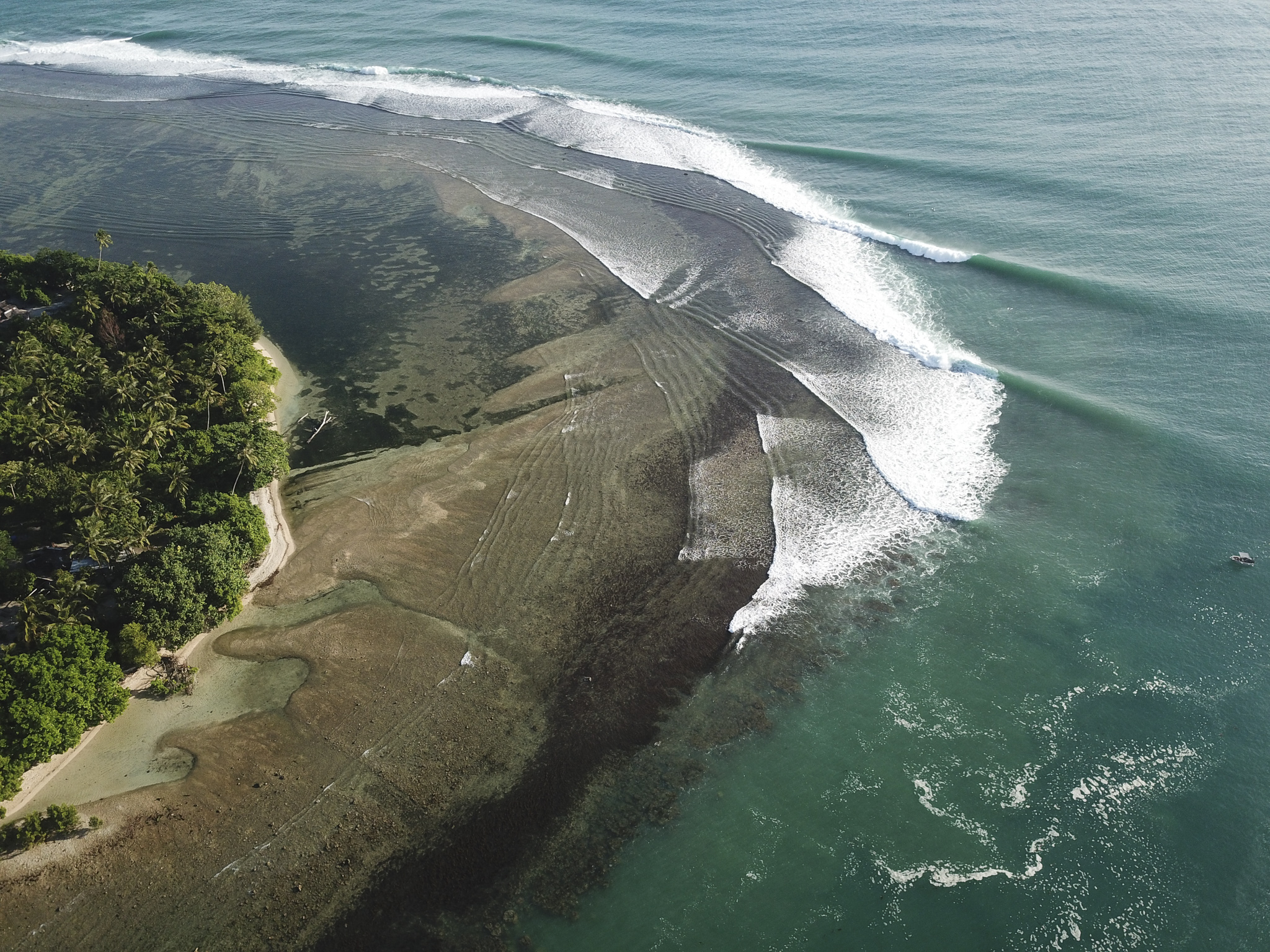
He said he’d heard countless stories of people heading away to surf destinations believing they were going at the best time when in fact the trade winds were onshore.
“The South Pacific is a great example of that happening,” he explains. “We cross the t’s and dot the i’s – checking visas and passport details before booking. We are always on hand 24/7 when shit hits the fan and flights are cancelled leaving people stranded – like when earthquakes or volcanoes lurch to life in Indo. Or when clients sustain a bad injury and need to get home, or to a hospital quickly. We are a phone call away and I’ve got plenty of clients who have been in these situations. Imagine trying to sort a medical emergency, or a civil disaster in a third world country where English is a second or third language? A simple email, or call to me solves this crisis completely.”
Pete said relationships were also important in the surf travel industry.
“I’ve been in the game for a long time, I’m well known and my reputation is a good reliable honest one with integrity,” Pete offers. “Dealing with airlines and operators direct and having good relationships with them means I’m able to pull favours, or bend the rules a bit on travel arrangements and bookings for my clients’ advantage.”
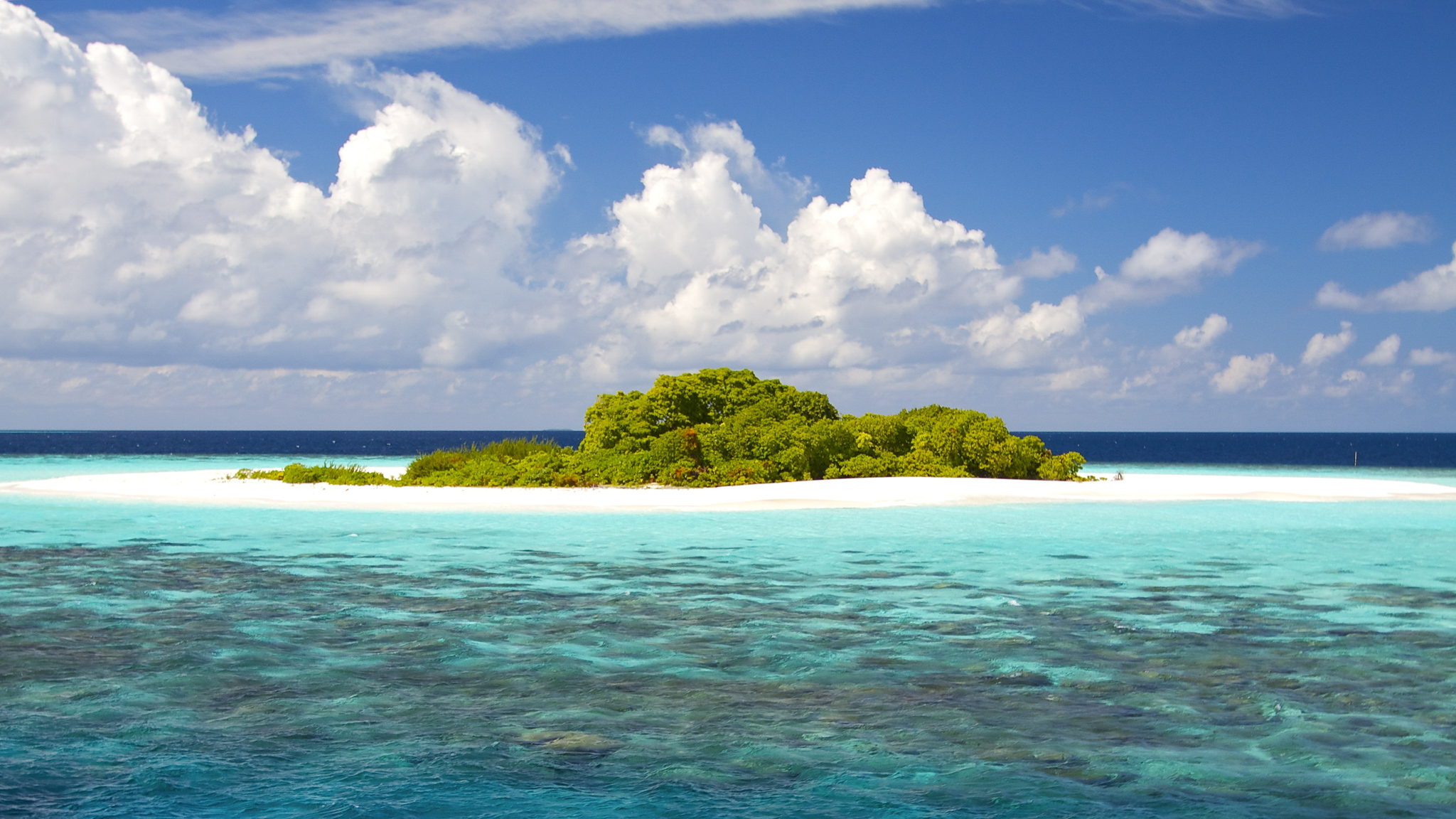
Surfers should also consider saving a bit longer (or doing more overtime) to ensure they hit any surf mission with enough funds for a successful surfing holiday, added Pete.
“When you’re putting a few grand on the table for a surf trip the difference between an average surf trip and an epic one may be a $200 more,” he reveals.
“When you’re putting a few grand on the table for a surf trip the difference between an average surf trip and an epic one may be a $200 more.”
When asked about the common mistakes people make when booking surf travel, he said the date line tripped some people up.
“Other mistakes included booking flights then hearing back from a surf operator that they are now full, traveling at the wrong times or seasons, not checking their passports are still valid before they arrive at the airport, booking flights and then finding out the airline hates surfboards, or charges a small mortgage to carry them … there are too many to list.”
“One of the big ones is that many people think cheap is better, but the old saying, ‘pay peanuts … get monkeys’, certainly applies here.”
Pete said things were usually cheap for a reason adding that the most restrictive booking conditions and airfares were found within the definition of cheap.
“I’ve been able to gain clients refunds through my relationships when other general punters who have booked direct are still struggling to find out where their money has gone … and their credits.”
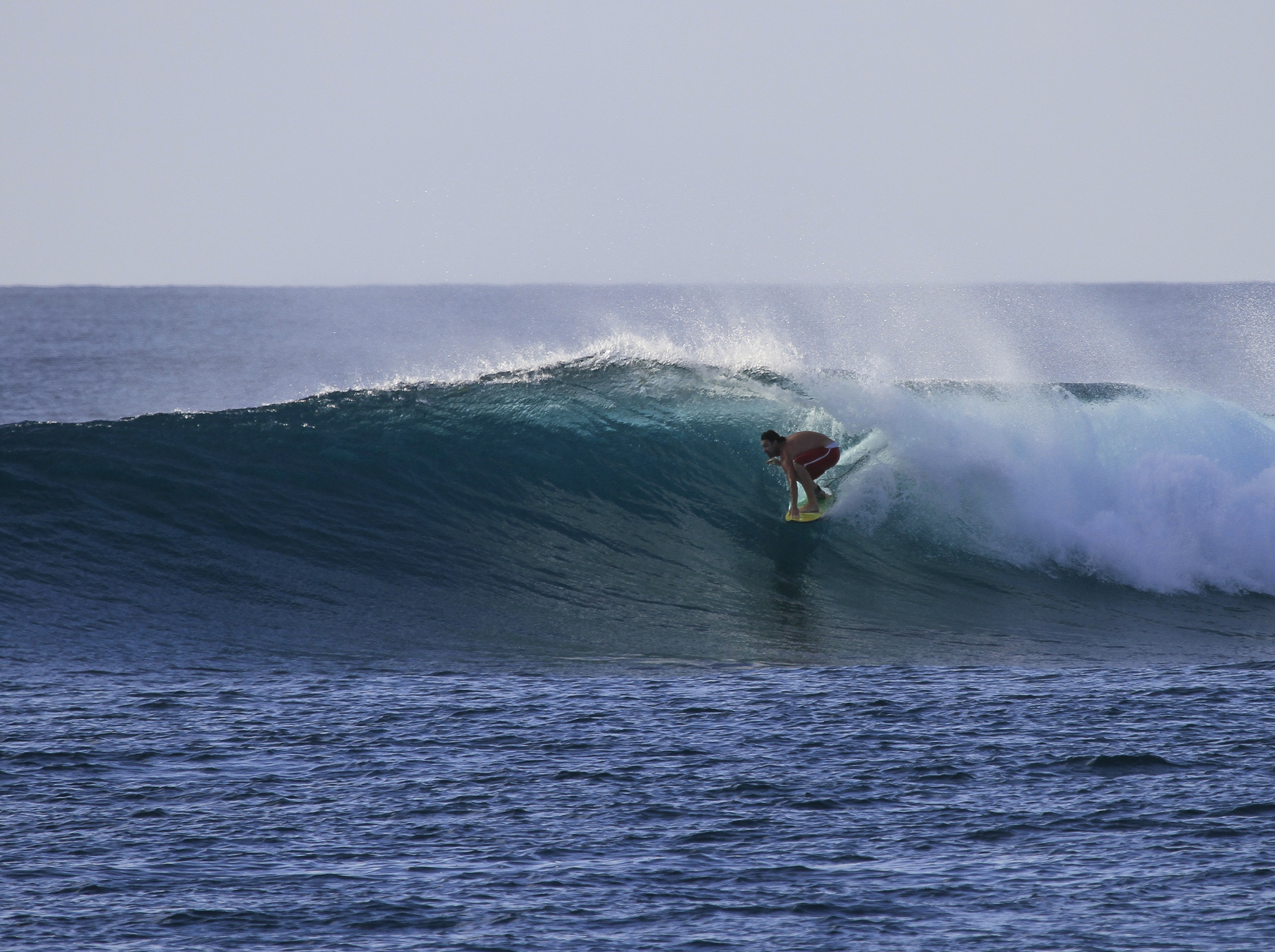
From his years of experience Pete’s best advice for those surfers thinking about their dream surf trip is about making sue they have the budget to enjoy the journey.
“Surfers should consider saving a bit longer, spending a bit more, doing more homework on a destination to ensure they hit any surf mission with enough funds and knowledge for a successful surfing holiday,” he explains. “When you’re putting a few grand on the table for a surf trip the difference between an average surf trip and an epic one may only be $200-$300 more. Do it once and do it well.”
“My mantra in life is simple … ‘Some people have dreams…… some people have memories’.”
“Some people have dreams…… some people have memories.”

